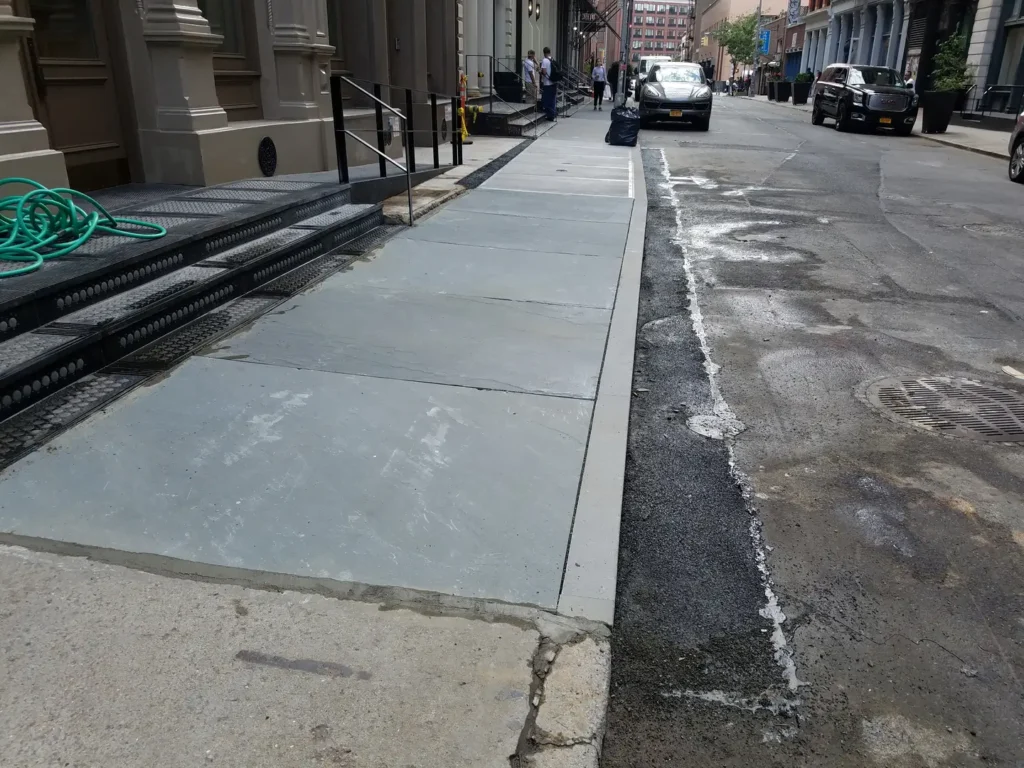Navigating nyc dot street permits might feel overwhelming at first, but it’s simpler than you think. Whether you are excavating sidewalks, placing construction equipment, or installing new infrastructure, understanding the permit landscape can save you time, money, and headaches. This guide breaks down everything first-timers need to know about securing permits in the city that never sleeps.
Why You Need These Permits
Any construction touching New York City streets requires NYC DOT approval. Think digging, equipment placement, sidewalk work—basically anything disrupting the urban flow. These permits exist to maintain world-class streets while coordinating the constant construction symphony happening across all five boroughs. In 2018 alone, NYC DOT processed over 700,000 construction permits. That’s serious volume.
Registration Comes First
Before chasing permits, you’ll need permittee registration—a one-time process creating your gateway to the system. Here’s what to gather:
- Commercial General Liability insurance ($1 million minimum)
- Workers’ Compensation and Disability insurance
- Completed Permittee Registration Application (notarized)
- Business documentation proving your legitimacy
Registration typically takes one or two business days. You will receive a confidential Permittee ID Number for all future applications.
Pro tip: Homeowners doing their own sidewalk repairs skip this step entirely.
Main Permit Categories
Street Opening Permits cover excavations that disturb street surfaces—think utility work, infrastructure access, or subsurface installations. Non-protected street fees start at $135, while protected streets (those resurfaced within five years) jump to $380 for most work types.
Building Operations/Construction Activity Permits handle surface-level action:
- Material placement on streets ($50)
- Crane or equipment positioning ($50 + $100 inspection fee)
- Temporary structures like shanties or trailers ($50)
- Sidewalk crossings and roadway occupancy ($50)
These permits typically last 90 days, except crane permits which expire weekly.
Sidewalk Construction Permits apply to repairs, replacements, or new installations. At $70 for 30 days, they’re affordable and straightforward—especially for homeowners who can apply by mail without registration.
Smart Application Strategies
Most permits now live online through NYC Streets, streamlining what used to be bureaucratic nightmares. The system processes most requests within 1-2 business days. However, certain work—Manhattan streets, all critical streets borough-wide, major utility projects—requires in-person applications at the central Permit Office on Water Street.
Watch for holds: Your application might freeze due to protected streets, nearby capital projects, or bridge proximity. Each hold type has specific release procedures, so understanding them prevents frustrating delays.
- SAM holds for protected street work
- Bridge holds for work within 100 feet of structures
- Capital Project holds if major city projects are planned nearby
Protected Streets & Embargoes
The Protected Streets Listing updates daily—consult it religiously. Working on recently resurfaced streets requires proving that the work couldn’t have been anticipated earlier. Winter holiday embargoes (mid-November through January 2) suspend most permits unless you secure waivers with compelling justification and additional $135 review fees.
Emergency Situations
True emergencies—those endangering public safety or causing imminent service interruptions—follow expedited procedures. The NYC DOT issues Emergency Street Opening Permits on an expedited basis when urgent repairs are needed, with faster processing than standard permits. Work must begin within two hours and continue around-the-clock until resolved.
Conclusion: Your Permit Success Blueprint
Mastering nyc dot street permits transforms from intimidating to manageable once you understand the framework. Register properly, choose correct permit types, watch for holds, and respect protected streets. The online system makes most processes surprisingly efficient. Remember: expired permits need renewal within 30 days; otherwise, you are starting fresh with new applications and stipulations.
Take the next step: Struggling with DOT violations or sidewalk issues? Visit NYC Sidewalk Violations for expert guidance on navigating compliance challenges and resolving citations efficiently.

